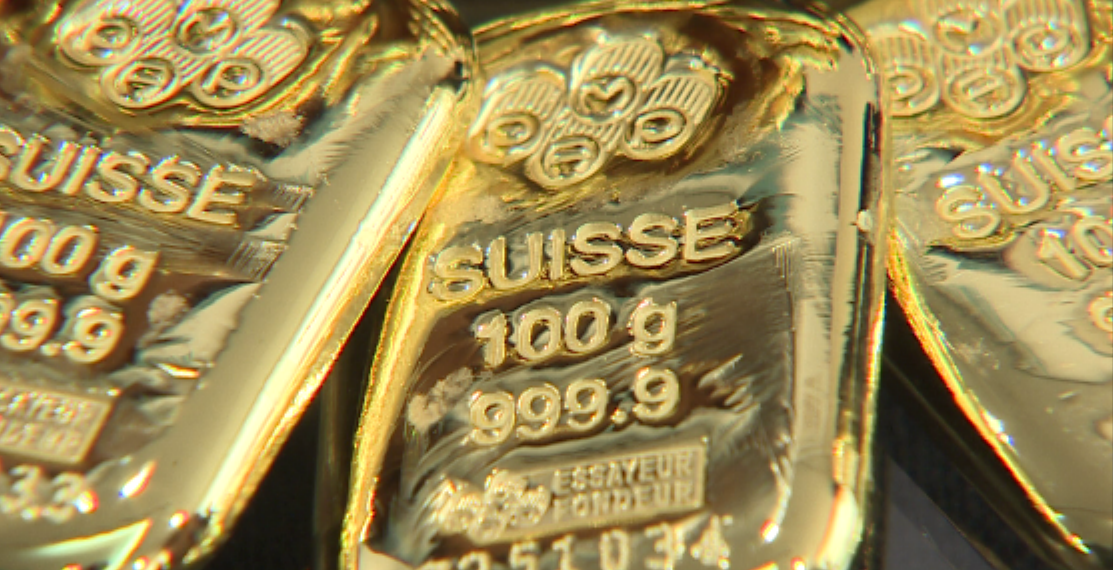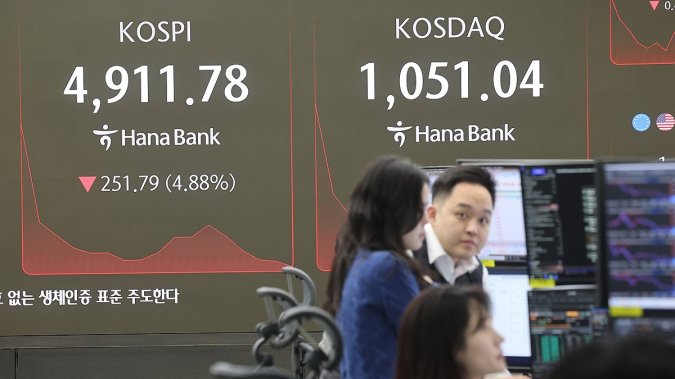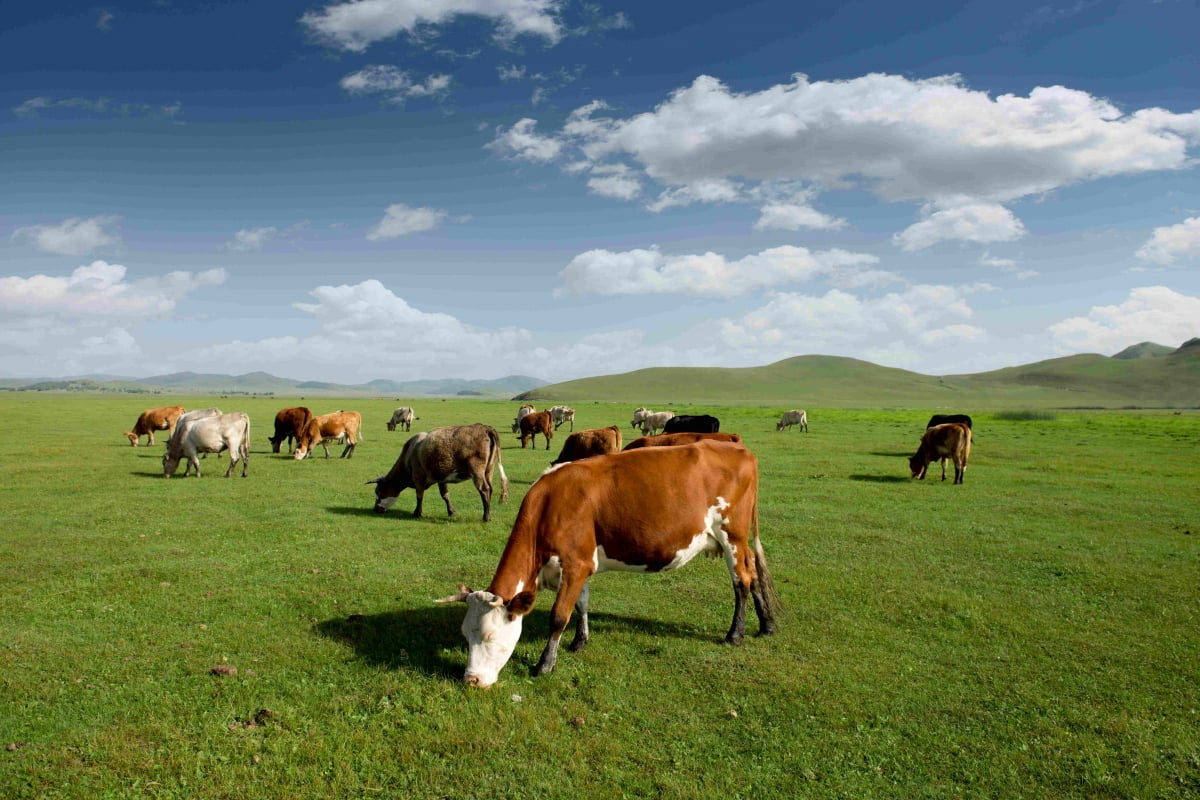2026.02.25 기상청GO
[연합뉴스수신] NUS Scientists use Patient Derived Cancer Cell Culture
국제 | 12-01 09:24
to Predict Survival and Treatment Outcome
[편집자 주] 본고는 자료 제공사에서 제공한 것으로, 연합뉴스는 내용에 대해 어떠한 편집도 하지 않았음을 밝혀 드립니다.
(SINGAPORE, Dec. 1, 2015 PRNewswire=연합뉴스) Scientists from the National University of Singapore (NUS) have developed a novel technique to efficiently culture clusters containing circulating tumour cells (CTCs) in 14 days. Using the technique, the team achieved a success rate of more than 60 per cent in culturing CTCs from patients with metastatic breast cancer, the highest known success record to-date. This breakthrough brings researchers a step closer towards enabling personalised cancer treatment and monitoring.
A paper describing the collaborative work conducted by scientists from the Mechanobiology Institute, Singapore (MBI) and Cancer Science Institute of Singapore (CSI) at NUS, together with the National University Cancer Institute, Singapore (NCIS), was published in the medical journal Oncotarget (2015).
CTCs are 'runaway' cancer cells that escape from primary or secondary tumours. They circulate in the bloodstream and eventually invade into other parts of the body where they establish metastasis. CTCs can be found even at early stages of cancer.
However, CTCs comprise many sub-populations and occur at extremely low frequencies in blood. Thus, its population needs to be expanded before they can be used for clinical analysis.
Professor Lim Chwee Teck from MBI, one of the study's lead authors, explained, "Being able to capture CTCs and grow them efficiently from a blood sample is a big step forward in liquid biopsy for tumour diagnosis and cancer treatment monitoring. This could potentially mean that biopsy for cancer diagnosis and prognosis could be done using a blood test, which is minimally invasive, instead of having to retrieve cells from the tumour itself. Results of the tests on these CTCs could help doctors assess the best therapy options for a patient, and frequent blood tests can also be done during the course of an anti-cancer treatment to provide a real-time monitoring of a patient's progress during treatment."
Dr Lee Soo Chin from NCIS and CSI, the study's clinical lead added, "Tests can potentially be done on the cultured CTCs to guide the selection of drug therapy. Cultured CTCs of individual patients can be tested for drug sensitivity to determine the responsiveness of the CTCs to the drugs used in the cancer treatment. This could allow doctors to decide on the most suitable drug for the patient based on the drug sensitivity results. As the CTCs can be cultured in a short time period, the entire testing process can take as short as four weeks -- two weeks for culturing the CTCs and two weeks for drug screening."
Current methods of culturing CTCs are either inefficient or required the elimination of non-cancerous cells that led to the damage or loss of some CTCs in the process.
Using a combination of specially designed microwells and oxygen-deficient growth conditions, NUS scientists have successfully created an ideal environment for tumour cells to grow while other non-cancerous cells gradually undergo cell death.
This novel technique was tested on 226 clinical blood samples obtained from 92 metastatic breast cancer patients on anti-cancer therapy. The team recorded a success rate of over 60 per cent in culturing clusters containing CTCs -- more than two to three times higher than conventional methods.
The team is also currently developing new technologies for liquid biopsies that will allow single cell analysis to obtain critical information that will be useful to scientists and clinicians to better treat cancer.
Prof Lim hopes to embark on the development of novel technologies that can contribute towards personalised or precision medicine.
More information about the study: http://news.nus.edu.sg/press-releases/9723-cancer-bloodtest-monitor-treatment-outcome
MEDIA CONTACT:
Amal Naquiah
National University of Singapore
DID: (65) 6516-5125
Email: amal@nus.edu.sg
Logo - http://photos.prnasia.com/prnh/20151130/8521508170LOGO
SOURCE: National University of Singapore
(끝)
<저작권자(c) 연합뉴스, 무단 전재-재배포 금지>
- 주요뉴스 뉴스속보
서비스안내
상호: 영남매일신문(주) | 사업자등록번호: 506-81-85807 | 대표: 강호성 | 신문등록번호 : 부산 가00021 / 인터넷신문등록번호 : 부산, 아00272
전화: 051-867-3909 | 팩스: 051-861-3463 | 주소: 부산광역시 연제구 중앙대로 1111, 1701호 (연산동, 위드타워)
copyright ⓒ 2015 newsyn.co.kr All right reserved. | web@newsyn.co.kr


 즐겨찾기추가
즐겨찾기추가

 RSS
RSS








